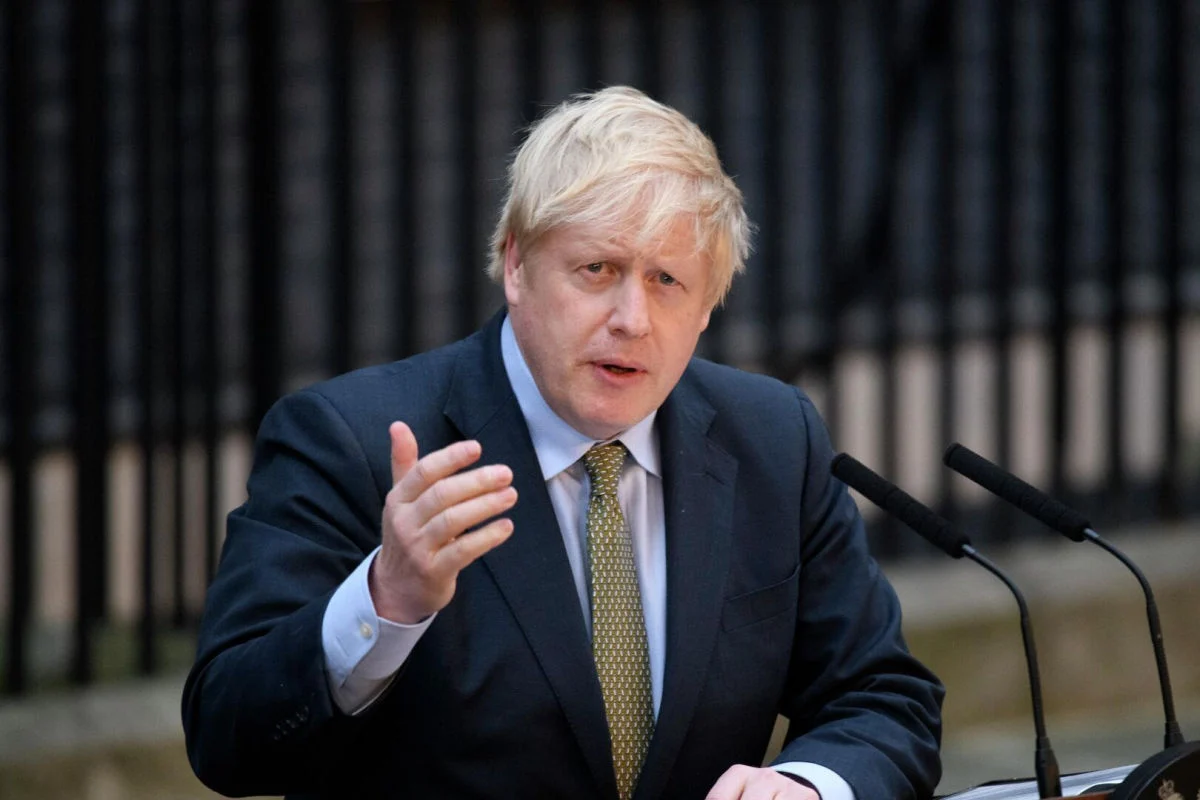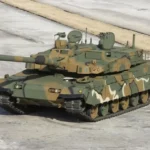In international diplomacy surrounding the war between Russia and Ukraine, a crucial event has occurred that directly impacts the near-term development of the conflict – a phone call between the Chancellor of Germany and the President of Russia.
Former Prime Minister of the United Kingdom Boris Johnson, known for his staunch support of Ukraine, once again spoke out on the topic of war. This time, his criticism was directed at the Chancellor of Germany, Olaf Scholz, who recently had a phone call with Russian President Vladimir Putin. Johnson characterized this step as a potential return to the “dreadful Normandy format.” What lies behind these words, and what possible consequences may arise?
What is the “dreadful Normandy format”?
The Normandy format is a diplomatic process initiated in 2014 involving Ukraine, Russia, Germany, and France, aimed at resolving the conflict in the Donbas region. However, this format has often been criticized for its lack of concrete results and a tendency towards compromises that favored the aggressor.
In Boris Johnson’s view, a return to such an approach in the midst of full-scale war is unacceptable. He calls it a betrayal of reality, as attempts to achieve peace through actions only embolden the aggressor.
Political “opaque” implications
It is worth noting important factors that remain behind the scenes of this event:
- On the world stage. Scholz made a public statement about intending to call the President of Russia. Numerous conversations, discussions, and other events take place in a secretive format. But in this case, the event was publicized so that it reached all media outlets. Do you think this was a coincidence? No, it was a deliberate and intentional demonstration of what is happening, for the society and partners.
- Avoided victim. Before the conversation with Moscow, Scholz directly warned Ukrainian President Zelensky about it, who said that he was fundamentally against dialogue with the aggressor. Did this change anything? No. The victim was simply warned, thereby absolving themselves of responsibility for the next step: “We warned you, figure out how to deal with it.” Ukraine was simply presented with a fact.
So Boris Johnson’s opinion, which some try to portray as overly involved, is not without reason.
Massive support for Ukraine as the only way to victory
Boris Johnson emphasizes that war is not a time for compromises. The only way to end the conflict, in his view, is through rapid and massive reinforcement of Ukraine’s defense capabilities. He believes that every concession or delay in supplying weapons gives Russia time to regroup forces and increase pressure.
In his statements, Johnson emphasizes the importance of Western unity and increasing military assistance to Ukraine. He believes that only convincing military superiority can compel the Kremlin to stop aggression.
Why does Scholz’s call to Putin cause a resonance?
The phone conversation between Olaf Scholz and Vladimir Putin has caused a wave of outrage among supporters of a tough approach to Russia. The main arguments of critics are as follows:
- Symbolic signal of weakness. Contacts with the aggressor can be perceived as readiness to make concessions.
- Distraction from military strategy. Instead of focusing on strengthening Ukraine, attention is being paid to diplomacy, which has not yielded results in the past.
- Undermining trust of allies. Such a step by Germany may be seen by Ukraine’s allies as a betrayal of the common support strategy.
Reaction of the World Community
Boris Johnson’s words reflect the sentiments of a significant portion of the international community. The governments of the Baltic countries, Poland, Great Britain, and the United States have repeatedly stated the need to strengthen sanctions and military assistance to Ukraine. Conversely, the idea of negotiating with Putin is often perceived as a sign of weakness.
Is Compromise Possible with the Aggressor?
In the history of international conflicts, attempts to negotiate with the aggressor without fundamental changes in the balance of power have rarely been successful. The situation with Russia is a vivid example. Instead of concessions, the Kremlin continues to use negotiations as a way to buy time and strengthen its positions.
Johnson emphasizes that to achieve peace, strength should be demonstrated, not weakness. He calls for a clear strategy based on supporting Ukraine, which not only defends its territory but also upholds the values of the democratic world.
Conclusion
To call Putin or to strengthen military support to Ukraine? This question remains crucial for many world leaders. Boris Johnson, for his part, suggests that the path to victory lies through strength and unity, not through compromises with the aggressor. It remains to be hoped that the politicians’ words will translate into actions that ensure peace and security for Ukraine and the world.


